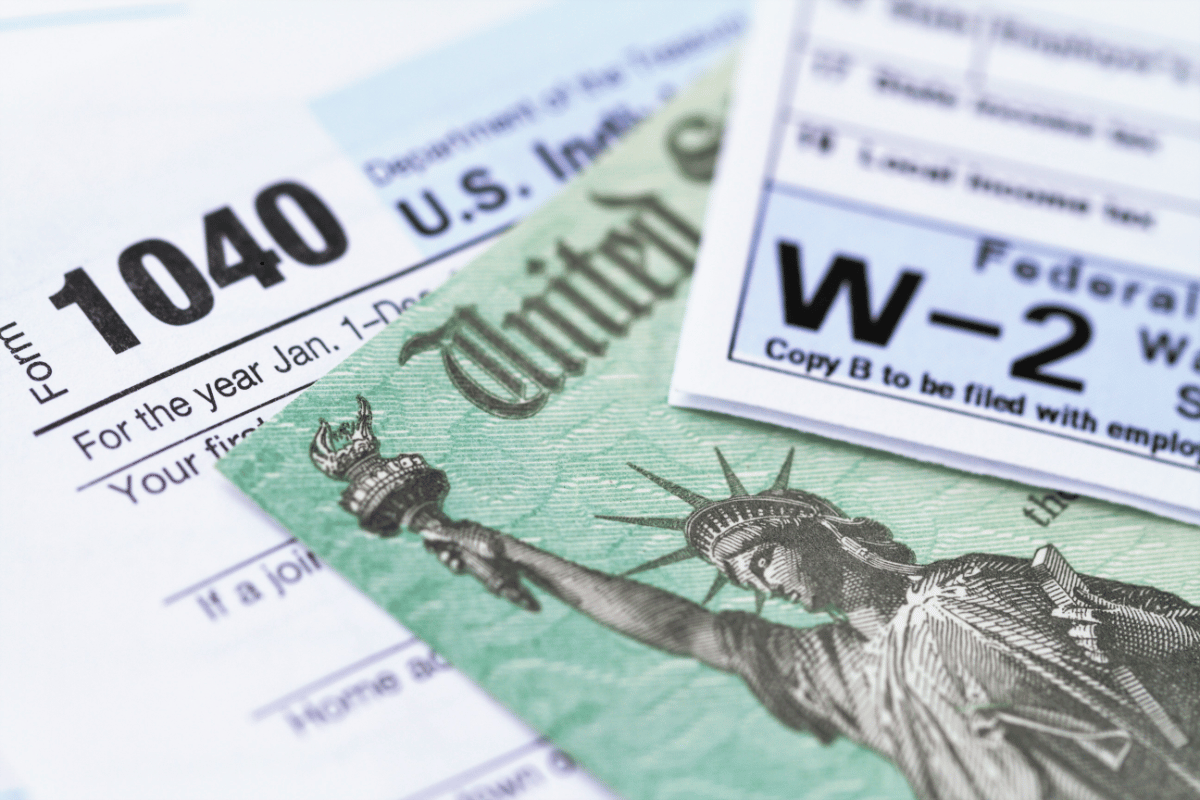6 Tips for Navigating Tax Season Like a Pro
Tax season can feel like a daunting time for many people. Gathering paperwork, understanding tax rules, and meeting deadlines can quickly become overwhelming. Whether you’re self-employed, working a regular job, or managing multiple income sources, tax season requires careful planning and some helpful strategies to make the process easier. With the right approach, though, you can navigate tax season like a pro, reduce your stress, and possibly save more money than you expected.
In this blog, we will share practical tips to help you approach tax season with confidence, manage your finances effectively, and stay organized from start to finish.
1. Start Early with Tax Preparation
One of the best ways to manage tax season is to start early. Waiting until the last minute can lead to unnecessary stress and mistakes. Begin by gathering your income documents, receipts, and other relevant information as soon as you receive them. Keep these items organized in one folder or a digital file. This makes it easier to find what you need and reduces the chance of missing important paperwork.
Starting early also gives you more time to review your financial situation. If you need professional help, reaching out to a tax advisor early in the season can ensure that you get an appointment when you need it. Early preparation helps you approach tax season calmly and confidently.
2. Consider Professional Help
Filing taxes can be complex, especially if you have unique financial situations, investments, or business income. Many people find it worthwhile to hire a tax professional to avoid potential mistakes. A tax advisor or accountant can guide you through the process, answer questions, and help identify tax credits and deductions you may overlook. If you’re considering furthering your knowledge of taxes, an online MBA accounting degree can also provide a more in-depth understanding of accounting practices, which could be helpful in your professional and personal life.
Professional help is especially valuable if you’re self-employed or own a small business. Tax advisors can often help you find deductions related to your business expenses, reducing your overall tax burden. Ultimately, consulting a professional can make tax filing smoother and potentially save you money in the long run.
3. Understand Deductions and Credits
Tax deductions and credits can reduce the amount of taxes you owe. Deductions lower your taxable income, while credits reduce the amount of tax you owe directly. Take time to familiarize yourself with deductions that apply to you, such as those related to home office expenses, education, or charitable donations.
Credits can be particularly beneficial, as they directly reduce your tax liability. Some common tax credits include the Earned Income Tax Credit and Child Tax Credit, and credits for energy-efficient home improvements. Knowing which deductions and credits apply to you can help you maximize your refund or lower your tax bill.
4. Use Tax Software if Filing on Your Own
If you decide to handle your taxes independently, tax software can be an invaluable tool. Programs like TurboTax, H&R Block, and TaxAct offer step-by-step guidance that simplifies the filing process. Many tax software options also provide error-checking features and tips on potential deductions.
Using software can make tax season less intimidating, especially if your return is straightforward. Some programs offer free options for basic filings, which can be helpful if you’re filing as an individual or have minimal deductions. Tax software allows you to file from the comfort of your home and can reduce the risk of errors, giving you confidence in your return.
5. Review Last Year’s Return
Your previous tax return is a useful reference for the current year. Reviewing last year’s return can remind you of any deductions or credits you claimed that might apply again. It also allows you to double-check any changes in your financial situation, such as an increase in income or a new dependent, which could impact your filing status or tax bracket.
Keeping a copy of last year’s return can also help if you plan to work with a tax professional. Having these records handy can give them a clearer picture of your financial history, which can lead to a more accurate and efficient filing.
6. Double-Check Before Filing
Before you file, take a moment to double-check everything. Errors can lead to delays, penalties, or even audits. Review your personal information, income details, and any deductions or credits claimed. Make sure that your Social Security number, bank account details, and other information are accurate.
Many tax software programs provide a summary page where you can check your entries before submitting. Taking a little extra time to review your return can provide peace of mind and reduce the risk of filing mistakes.
In conclusion, navigating tax season like a pro isn’t about mastering complex rules. It’s about approaching the season with a plan, staying informed, and managing your finances thoughtfully. Take these steps now, and you’ll find that tax season can be a manageable, even rewarding, experience.







